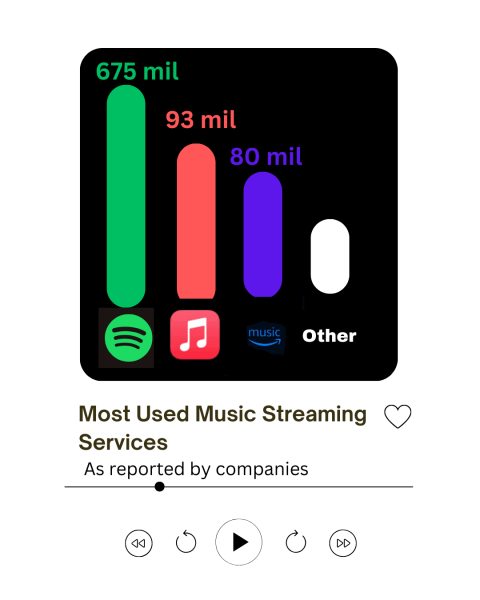My merit, not my race
As soon as I got into my dream school, a whirlwind of emotions overwhelmed me: joy, euphoria and relief were the most prevalent ones. However, as more people found out about my acceptance, my hidden fear emerged. Those positive emotions quickly dissipated and were abruptly seized by the voices of strangers, peers and even friends, who boiled down all my hard work to one superficial aspect: the pigment of my skin.
These voices echoed sentiments like, “Well, I’m sure being black helped;” “A reason you stood out was probably because you’re black;” and “Yeah, it’s easier for you since you’re black.”
Yeah, I’m sure getting into highly selective colleges had nothing to do with my rigorous course load, strong ACT score and GPA, well-written essays, countless hours spent interning and volunteering or my array of leadership roles and various awards. Not to mention numerous all-nighters and 4 a.m. study sessions.
My success all had to do with the pigment of my skin; not me as a person. In fact, I’m sure the admissions officers saw the box checked “black” and stopped reading everything else and just admitted me instantaneously. Blackness equals college admission always.
Some people often justify this belief by citing affirmative action as to why it’s easier for “people like me” to get into highly selective schools. Affirmative action is an active policy that some businesses and schools choose to employ in order to improve the employment and educational opportunities of disadvantaged minorities and women.
However, it’s important to note that a famous Supreme Court case, Regents of the University of California v. Bakke, upheld affirmative action while specifying that race could only be one of the several factors in the college admission process. So, if two students with the same GPA, ACT, course rigor and leadership experience applied to a college with only one spot available, the only difference being that one happened to be a disadvantaged minority, the minority would likely get in if the school used affirmative action policies. Some people who don’t directly benefit from affirmative action policies argue that it’s unfair, as you don’t get to choose what race you are born into and therefore should not be “penalized” for that.
I agree. Life can be unfair and race is something that no one on the planet has control over. It is unfair that schools were only integrated in 1954, leaving many minorities with a significantly poorer education than white people, even today. It is unfair that, according to The Economic Policy Institute, a nonprofit organization created in 1986, wage gaps between whites and blacks have increased since 1979 primarily because of discrimination rather than the often-misconceived idea of lack of education. It is unfair that minorities face unequal job opportunities solely based on the name they were given at birth. It is unfair that many minorities live in constant fear of losing their lives just for walking down the streets or holding literally any object. It is unfair that minorities, specifically black males, face the highest incarceration rates. It is unfair that the lingering effects of slavery are still seen today. And the list goes on…
The whole purpose of affirmative action is to try to level the playing field that has been inequitable for too long. Accepting races that are often discriminated against gives qualified students a chance to finally experience one aspect of life that many white people have had the privilege of always receiving in America, which leads to better jobs, more money and an opportunity to break the poverty trap. In America especially, education is seen as the key to success. However, for centuries, many minorities weren’t given that key.
So even though I was well-deserving of my college admissions based on who I am as a person, I’ve noticed that when minorities, like me, accomplish or excel at something, some people simply attribute the achievement to race.
In another more recent Supreme Court case, Fisher v. University of Texas, Abigail Fisher, a white student, sued the university for not accepting her because of its affirmative action policies. However, the court ruled that she was rejected simply because her grades were too low to qualify for admission.
This Supreme Court decision further emphasizes that merit trumps skin color. So, if you genuinely believe that a college didn’t accept you solely because of the pigment of your skin, then it’s a good thing you weren’t accepted into that school. This flawed belief is evidence of ignorance, and one thing I’m sure of is that college admissions officers are not attracted to ignorance.











